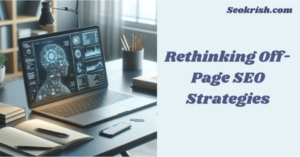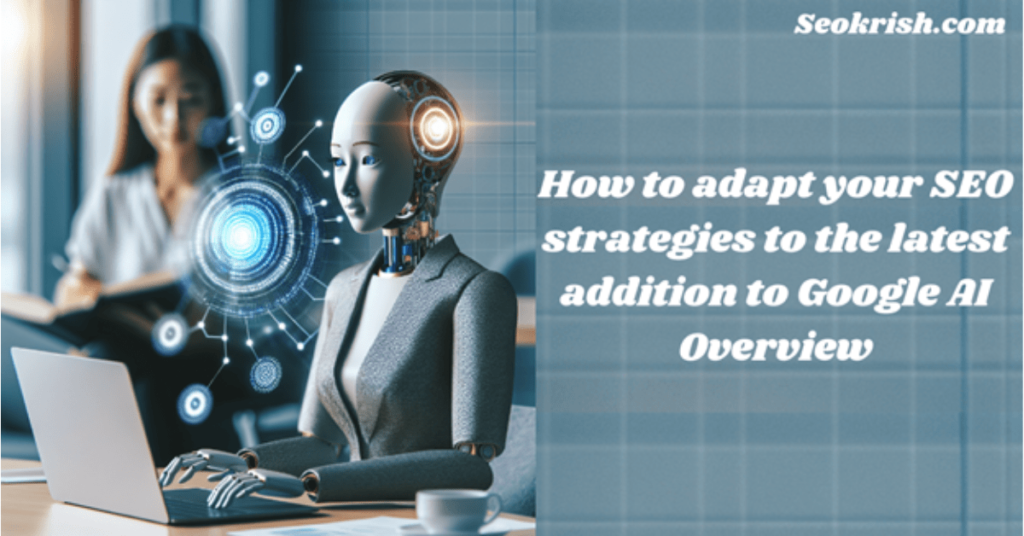Since the context of the digital environment is filled with the latest innovations, Google AI Overview, an example of AI technologies, influences the context of SEO. Modern search engine optimization, derived from the classical one, has become a new generation of SEO due to the alterations in the AI algorithms. Thus, there is a need to understand the dynamics and alterations caused by artificial intelligence to enhance SEO strategies and achieve better results online effectively. It is crucial to comprehend how AI affects SEO and what possibilities are provided to adapt to new tools.
Understanding AI Functionality in SEO
Since these tools are from Google, it is essential to note that Google tools use specific filters to sort through websites. These tools offer quite reasonable information on a website’s performance and the areas that can be slightly tweaked. Thus, using AI in the array, businesses find a very simple and effective way to identify the most important information about users’ interests, search frequency, and result relevance.
Impact of AI on Traditional SEO Practices
Because Google AI Overview is relatively new, it has led to new strategies for SEO strategies that have been utilized before. Before, to gain better results, all that needed to be done was to concentrate on keywords, text, and meta tags. However, if we approve some characteristics of AI, one can pay attention to the tendency of user-oriented content development. The query interpretation and return-specific results are closely tied to search semantics and natural language processing concepts.
Adapting On-Page Techniques
One effect of incorporating AI innovation into the SEO domain is the appearance of new difficulties in the on-page optimization procedures. Optimizing a website to get a higher rank in Voice search is crucial as people use conversational queries. This is especially true because integration improves website visibility and enhances understanding of the algorithms used in organizational search engines.
Rethinking Off-Page Strategies

Likewise, off-page SEO also needs to evolve and adapt to this new paradigm of the internet dominated by artificial intelligence. Instead, attention is moving to securing relevant and authoritative backlinks to enhance the website’s authority and reliability for search engine spiders. Similarly, social signals and brand mentions tend to rise to the higher ranks, considering factors such as user engagement and brand image.
Leveraging AI Tools for Analysis and Optimization
In the case of AI, there are many exciting possibilities for examining and modifying SEO factors within a website. The use of AI in content marketing enables organizations to gather data and make changes to ensure that the content reaches the intended viewers. Applying artificial intelligence tools to measure and evaluate website performance provides tourists with information about where they are well positioned and where they lag in providing updates when needed.
Challenges and Considerations in Adopting AI-driven SEO
As mentioned above, AI is beneficial for business organizations implementing search engine optimization strategies, but it has some limitations and contingencies. Privacy and ethics issues arise when massive user data collection and analysis is performed using intelligent algorithms. Due to the continuous update and change of knowledge in AI algorithms for the website position, time and learning need to be allocated to stay relevant for the site rankings.
Conclusion
Google AI Overview clearly indicates the current trends in embracing higher optimization incorporating artificial intelligence. Thus, using AI tools and changing the strategy will be appropriate, including rearranging on and off-site services. The new generation is dynamic compared to the older generation with the incorporation of AI, and thus, it becomes essential to update the system to learn continuously. With the help of Google AI Overview, enterprises can be confident that they can launch changes and address SEO in a strategic and timely manner as SEO adjusts to the present setting.



